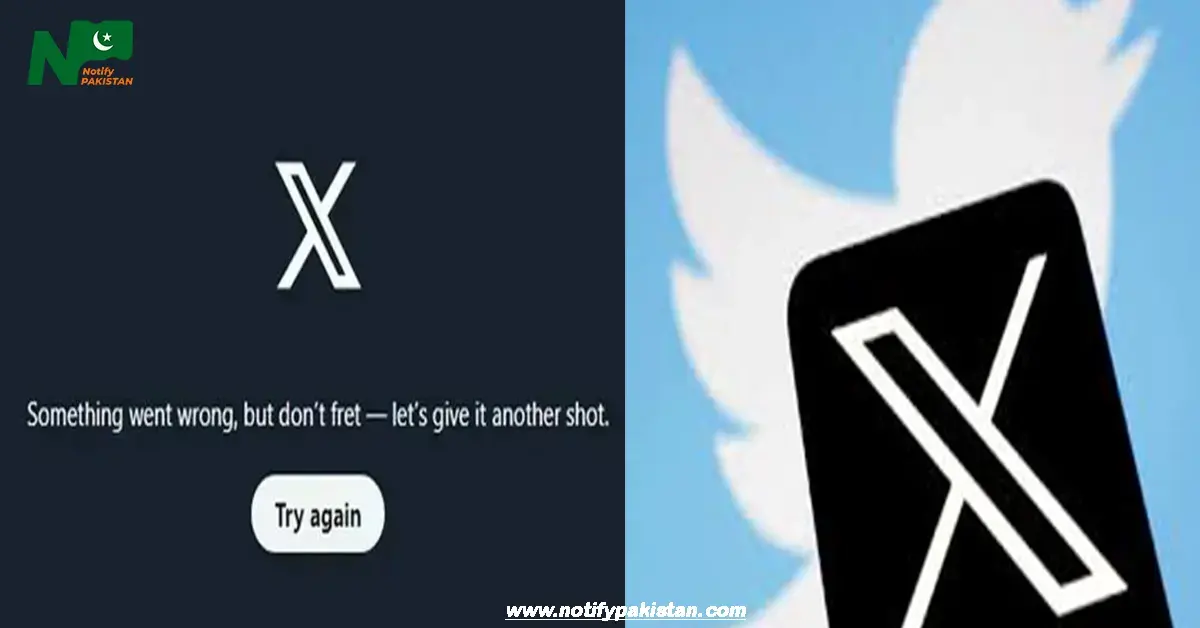Karachi: The federal government justified its controversial ban on the popular social media platform X in a response to the Sindh High Court (SHC), stating it was “legitimate” for national security reasons.
The Interior Ministry asserted that the ban on X did not breach Article 19 of the Constitution, as all required legal procedures were followed.
Read About: WhatsApp Latest Feature
Although Article 19 guarantees the fundamental right to freedom of speech and expression, it is subject to reasonable legal constraints as well as those that serve Pakistan’s sovereignty, integrity, public order, and morals.
The declaration is a reaction to the numerous petitions that have been filed in the Supreme Court challenging the nation’s current ban on microblogging sites and sporadic suspensions of internet service.
The government’s decision to restrict and outlaw access to social media platforms, citing security concerns, has left users struggling to access X and other platforms in recent months. Opposition parties and other segments of society have strongly objected to this move, which is why the constitutional petitions were filed.
The PTA previously informed the SHC that, on February 8, it nationwide stopped the social media platform X at the federal interior ministry’s request.
The ministry had stated that it had ordered the shutdown based on reports it had received from intelligence services.
On June 28, the case’s last hearing took place.
The interior ministry claims in its court filing that the decision to prohibit X is a “legitimate exercise of government’s authority to regulate the use of social media platforms” and that it is intended to address valid concerns about public safety and national security.
The government highlighted that hateful content, particularly on X, is posted on social media and targets the nation’s institutions. Since no document of understanding (MoU) has been signed with the company thus far, the government claimed it had no choice but to temporarily ban users from the social media platform.
Additionally, it insisted that the ban was placed on the security agencies’ report.
“Some factions aim to use X to propagate unrest throughout the nation. The ministry’s statement stated that TikTok and other social media apps have previously been prohibited in the nation due to comparable concerns.
In addition, the administration asked the court to dismiss the constitutional petitions, classifying them as non-maintainable and claiming that the applicants’ rights had not been violated and thus lacked standing.
Social media will be contained by a national firewall
In addition to the explicit and evident ban on X, The News reported on June 7 that the government is also putting in place a national firewall on various internet service providers (ISPs) to control social media. The firewall has filters that can prevent undesirable content from being viewed by a larger audience.
Information coming from various internet protocol addresses will be examined using the most recent firewall.
“Identifying the places where the propaganda material is coming from and then blocking or reducing coverage of those accounts are the two goals of the national firewall.” An official who was aware of the material said, “But, I think the main focus will remain on locating the source of such propaganda to nip the evil in the bud.”
A keyword filtering system will be in place to identify content that the government deems objectionable or detrimental to national security, among other reasons. The filter will function as an inspector of information. These posts will probably be disguised, which will make them invisible to those outside of the network.
Posts from all opposing viewpoints, both domestically and abroad, will probably go through this review process before being permitted to be adequately visible.
Social networking sites including Facebook, YouTube, and X (previously known as Twitter) will be checked by this filter. The government may decide to make it mandatory for citizens to notify the PTA of the VPNs they use, therefore preparations are also underway to stop the “misuse” of VPNs. If someone doesn’t do that, they risk consequences.

